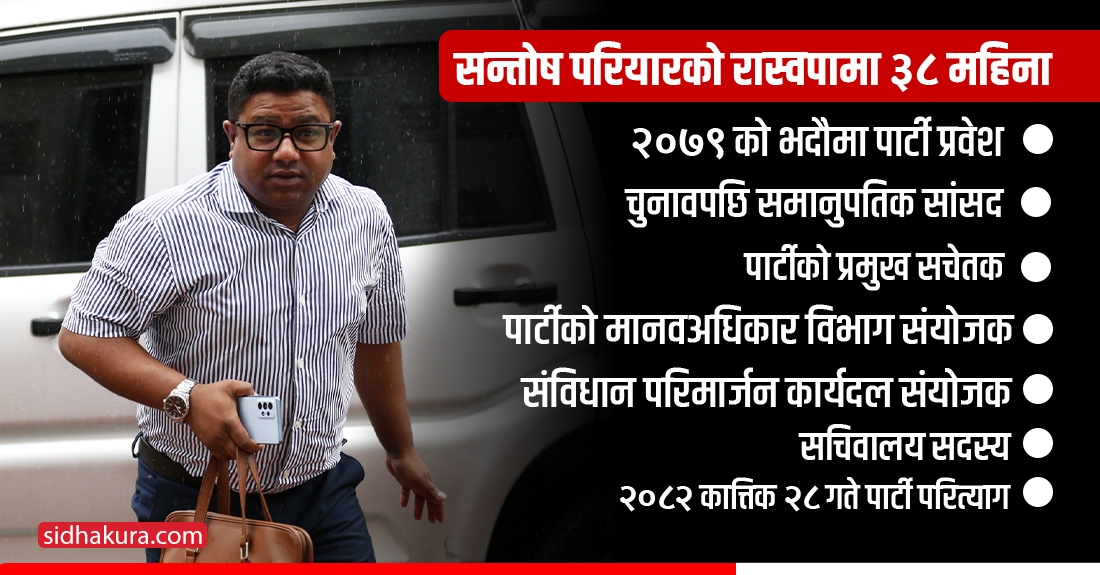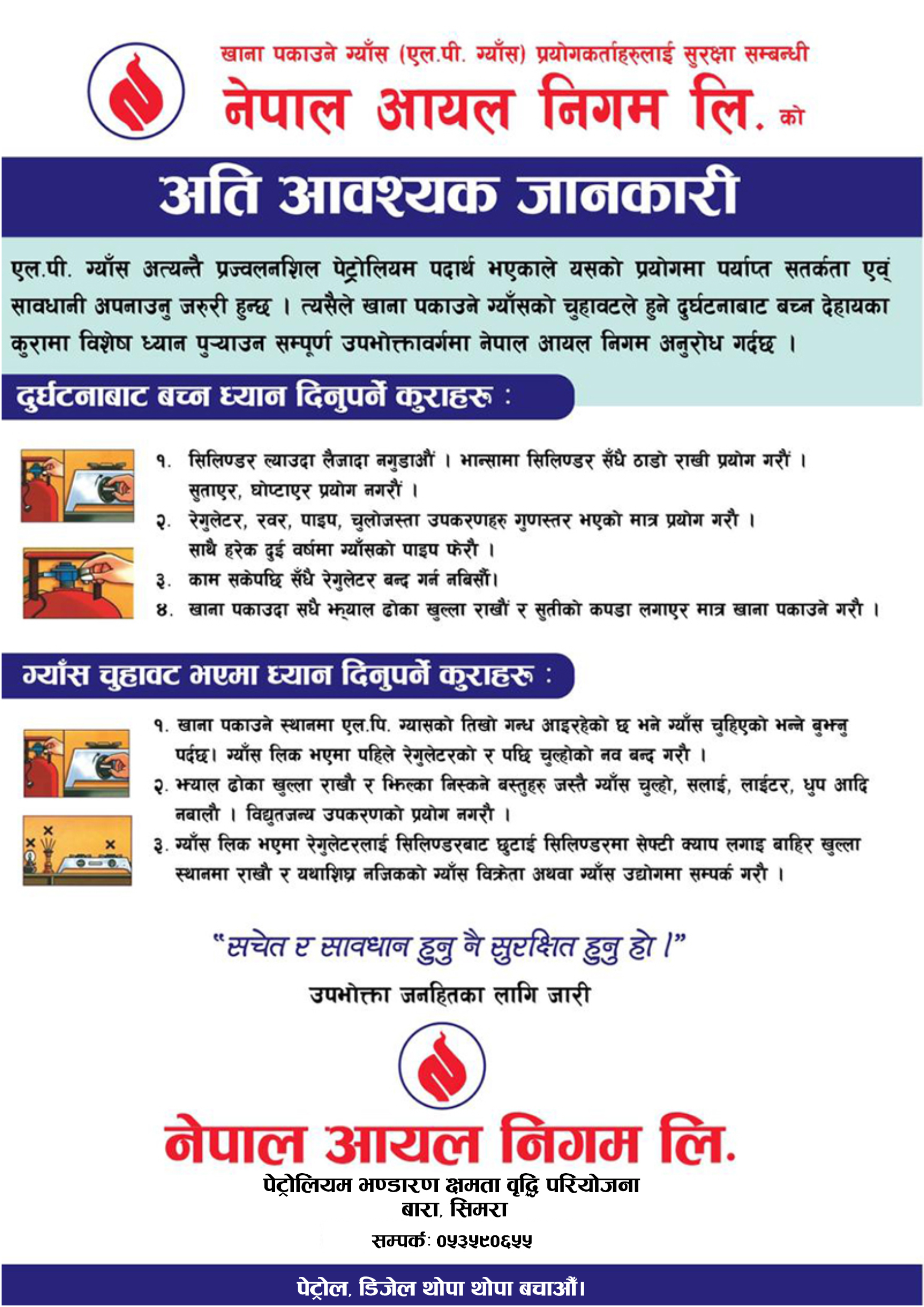Kathmandu – The Supreme Court has ruled that the sale of 80% of shares in the private telecommunications provider Ncell last year violated the law. On Thursday, a joint bench of Justices Sapana Pradhan Malla and Tek Prasad Dhungana dismissed a writ petition against Ncell and issued a directive order stating that Axiata Group Berhad's sale of its 80% stake in Ncell to the British company SpectraLight UK was not legally recognized and violated regulatory laws.
The Malaysian company Axiata sold its 80% stake in Ncell to SpectraLight UK on 15th Mangsir 2080 (late 2023). The sale of the company, which was purchased for NPR 143 billion seven years ago, for just NPR 66.6 billion less (NPR 138 billion) raised controversies. Allegations surfaced that the transaction aimed to evade taxes, prompting Member of Parliament Dr. Amresh Kumar Singh to file a writ petition on 22nd Mangsir 2080.
In its summary order, the Supreme Court concluded that the sale of Ncell's 80% share by Axiata to the British company was conducted without adhering to legal protocols.
Supreme Court’s Observations:
The agreement for the sale of 80% of Ncell shares between Axiata Investment (UK) and SpectraLight UK on 15th Mangsir 2080 was submitted for approval to the Nepal Telecommunications Authority (NTA) on 30th Falgun 2080. However, the NTA rejected the deal on 15th Chaitra 2080, citing violations of prevailing laws and regulations.
Legal experts defending the NTA argued that the sale contravened telecommunications laws, making it invalid.
Supreme Court's DirectivesThe court has instructed Ncell to:
Strictly comply with telecommunications laws, including the Telecommunications Act 2053, Telecommunications Regulation 2054, and Share Acquisition and Sale Regulation 2076.
Operate transparently and follow proper legal processes for any transactions.
The court pointed out specific provisions, such as the requirement to obtain prior approval from the NTA before completing share transactions, emphasizing that failure to do so renders the deal unlawful.
The court also addressed allegations of tax evasion by Ncell, noting that investigations by a government committee led by Tankamani Sharma revealed irregularities. The committee highlighted that tax audits of Ncell for fiscal years 2076/77 to 2080/81 (2019-2024) had not been conducted, raising suspicions about intentions to evade taxes.
While dismissing the writ petition, the Supreme Court issued a directive for legal action against Ncell, emphasizing the need to penalize the company for its misconduct. Advocate Dipendra Jha, who argued on the petitioner’s behalf, welcomed the decision, stating that the court’s ruling clearly establishes Ncell’s wrongdoing and provides grounds for punitive measures.
The court also reminded regulatory authorities, including the NTA, of their responsibilities to ensure transparency and adherence to laws by companies like Ncell. It questioned why the NTA merely rejected the deal instead of imposing fines for non-compliance.
The ruling underscores the importance of adhering to laws, particularly for foreign investment companies, and sets a precedent for increased scrutiny in similar cases.
The Supreme Court’s decision serves as a landmark ruling against corporate malpractice, sending a strong message to companies attempting to circumvent regulations. It reinforces the principle of transparency and lawful conduct, urging regulatory bodies to exercise their full authority in monitoring and enforcing compliance.
***
This story was translated and edited from the original Nepali version.



























































